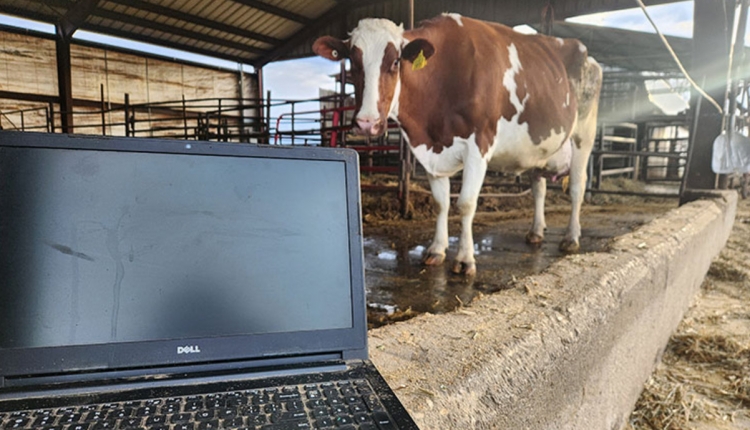
Organic sales are driven by people wanting to make better choices. Organic is one of those choices. And it's not just one type of person making that choice.
"The idea that there is a typical organic consumer is a myth," said Suzanne Kevlyn, director of consumer insights at Horizon Organic. "There is a huge range of people who purchase organic products. That's important for producers to understand."
"There are some people who dabble with organic products, for their health or the health of their family," Kevlyn explained. At the other end of the continuum are people who are committed to organic products and a more sustainable lifestyle.
The current generation is growing up with organics as part of their lives, making them more likely consumers, and, thus supporting the growth of organics. As producers and processors, we need to make sure our organic offerings are meaningful, in sizes and flavors, to meet the needs of the current organic shopper, she noted.
Greater availability of organic products in stores makes eating organically more mainstream. Fruits and vegetables are where most people will start to experiment; milk will often follow, she said. Since organic milk and dairy products get adopted early in the continuum, it provides a great opportunity for organic dairy production.
Consumers generally get it when it comes to the differences between conventional and organic production, Kevlyn has found. She said that where things can get muddied is when conventional producers start making claims that have traditionally been drivers of organic consumer interest, like labeling a product "hormone free." For this reason, it's all the more important that consumers understand the many benefits of organic.
"In general, avoidance of negatives is a key driver of organic milk consumption," Kevlyn said. "People choose organic dairy products to avoid antibiotics and growth hormones." She feels that, as an industry, we must help them focus on the positives, as well, such as potential nutritional benefits.
Is there room for more organic dairy producers? "Absolutely," Kevlyn said. "We are dealing every year with a tight supply of milk, trying to fill consumer demands. It's not just milk, but yogurt and cheese and other dairy products. We need to expand our organic dairy offerings."
 The author is an associate editor and covers animal health, dairy housing and equipment, and nutrient management. She grew up on a dairy farm near Plymouth, Wis., and previously served as a University of Wisconsin agricultural extension agent. She received a master's degree from North Carolina State University and a bachelor's from University of Wisconsin-Madison.
The author is an associate editor and covers animal health, dairy housing and equipment, and nutrient management. She grew up on a dairy farm near Plymouth, Wis., and previously served as a University of Wisconsin agricultural extension agent. She received a master's degree from North Carolina State University and a bachelor's from University of Wisconsin-Madison.









